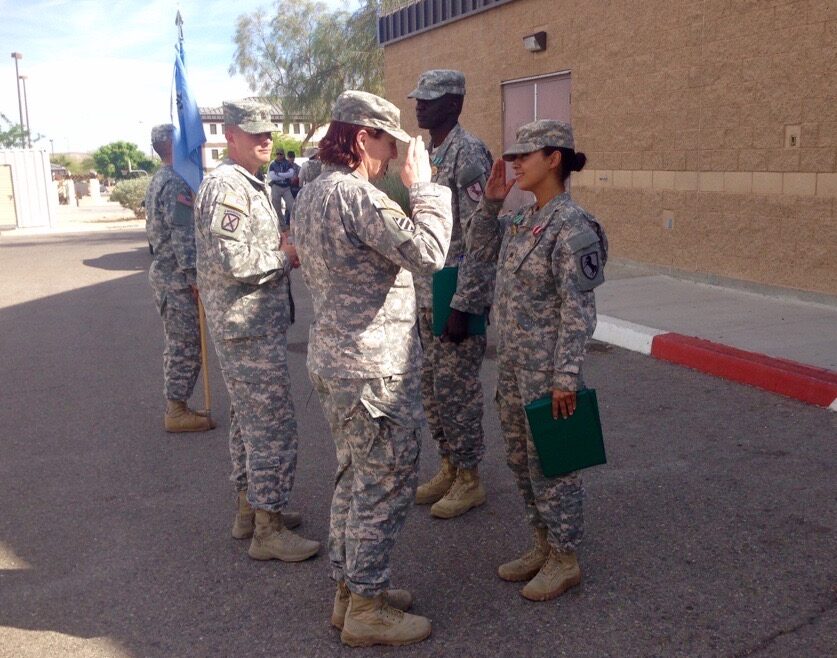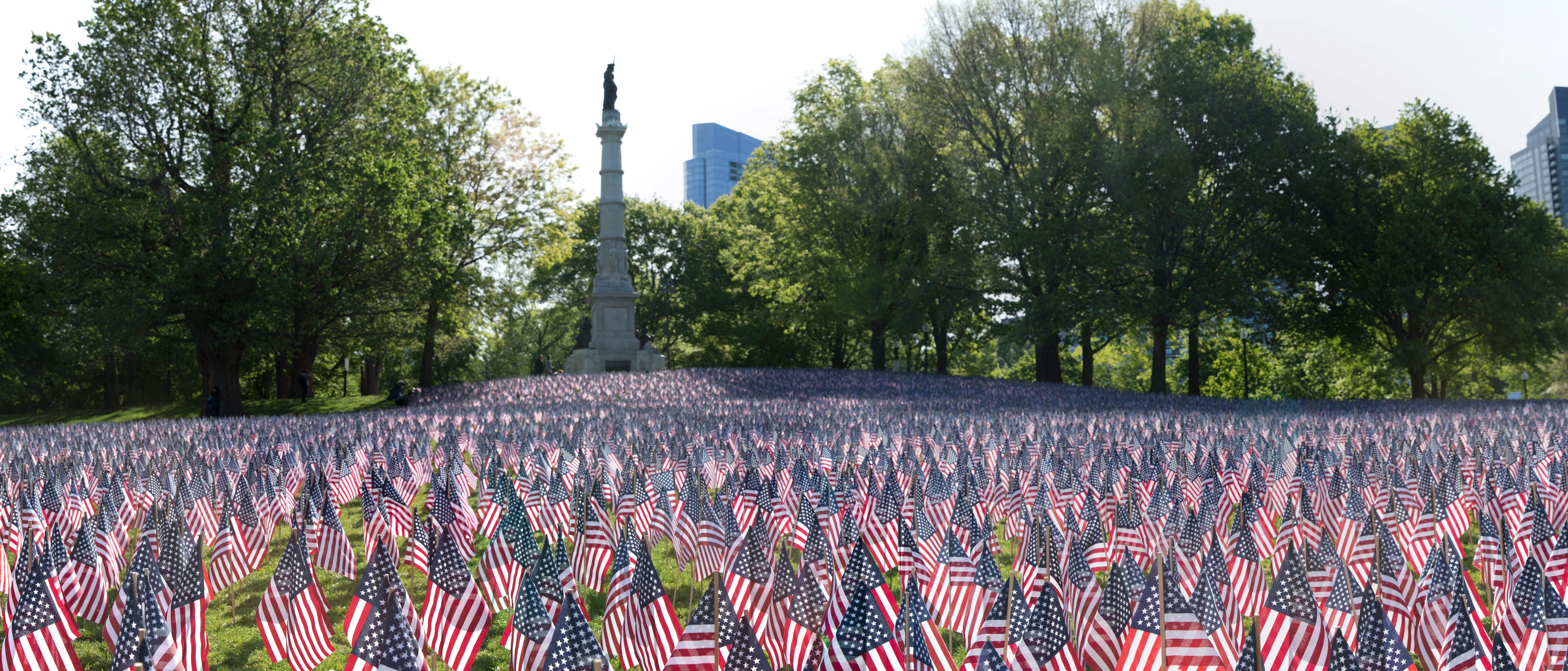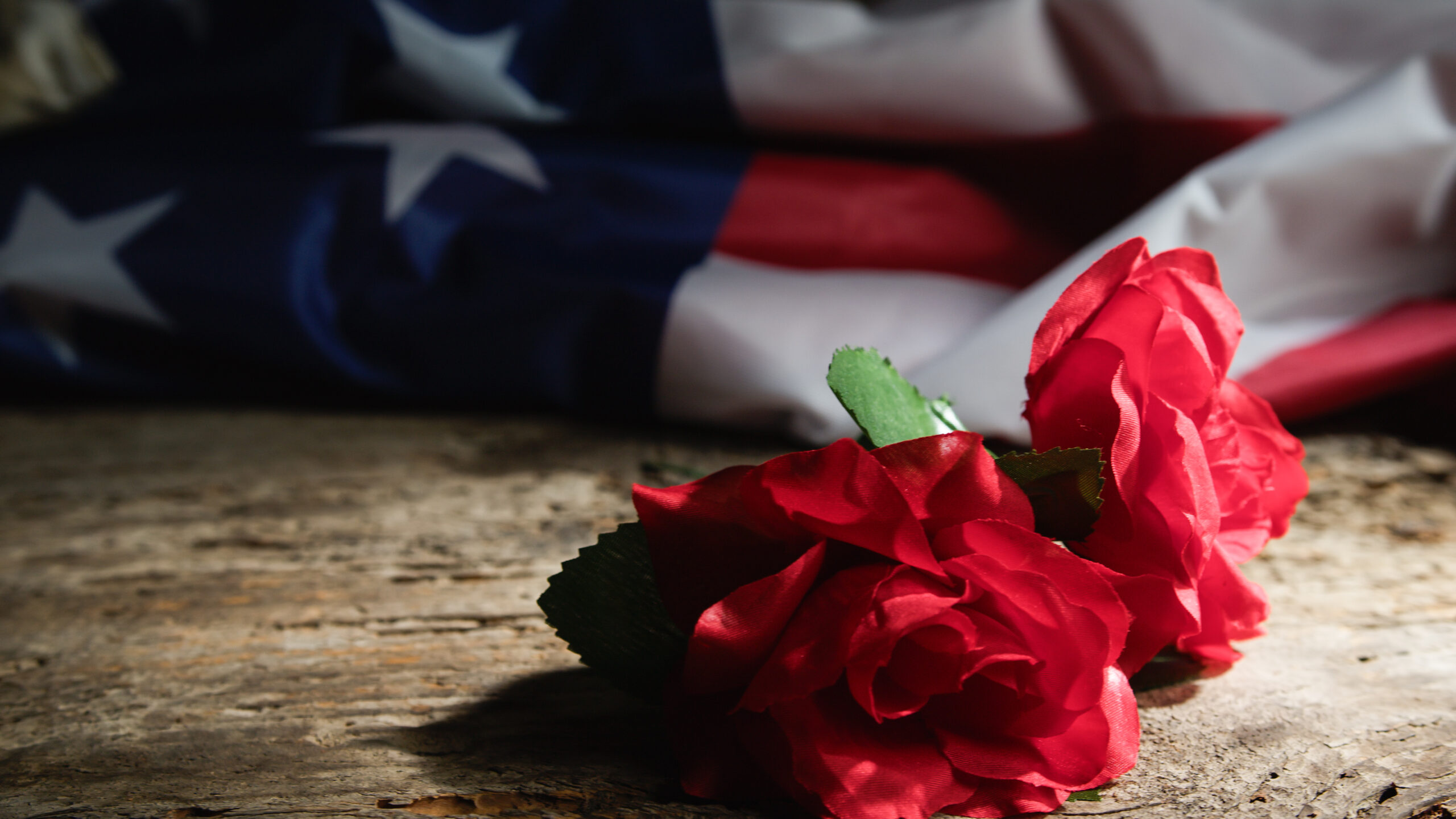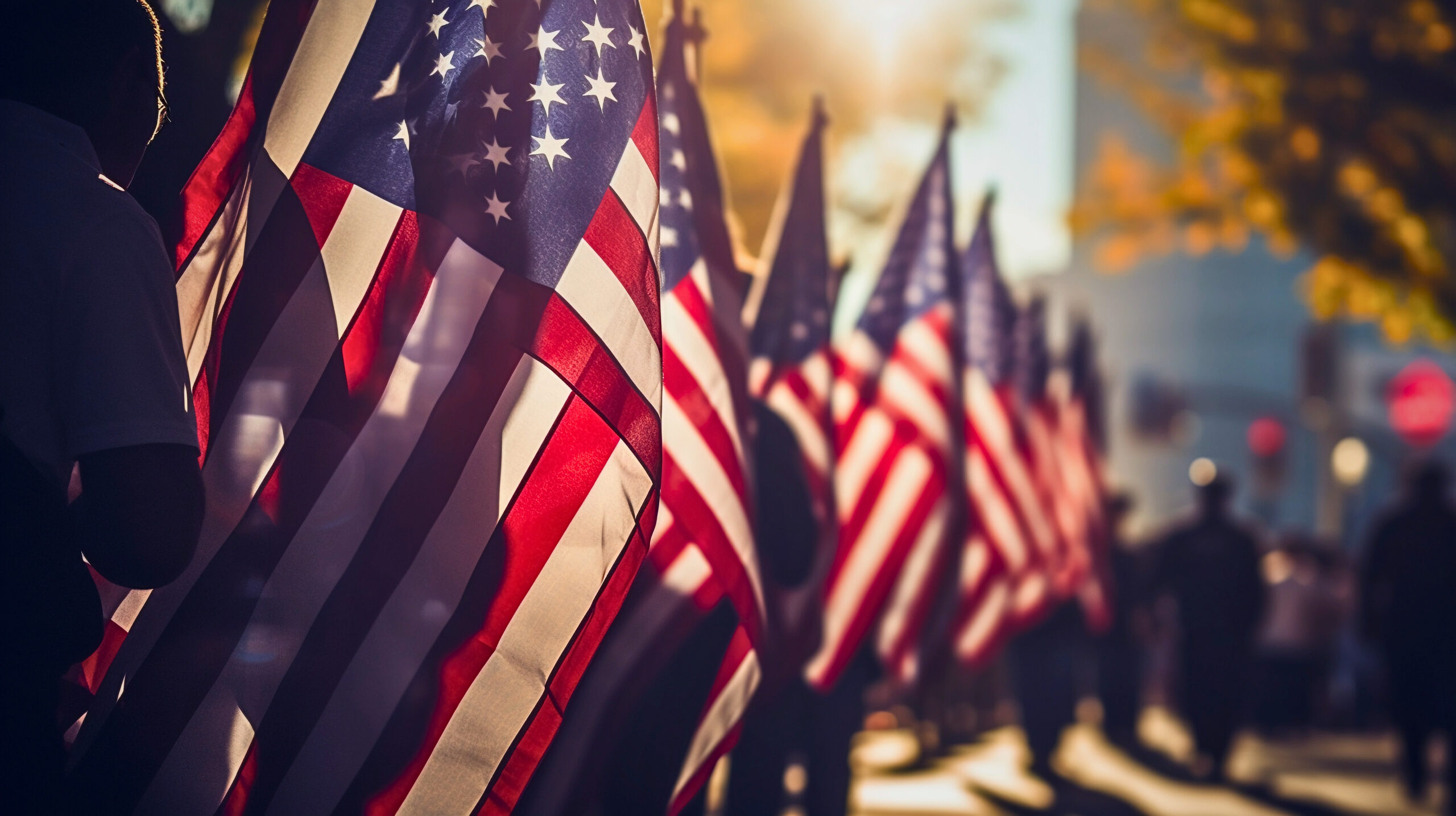As we honor Veteran’s Day, we explore a seldom acknowledged aspect of military and intelligence history—the profound impact of language on the fate of nations. CQ fluency, shaped by this history, reflects on our country’s complex past, recognizing the service of individuals from diverse backgrounds.
the unseen contribution of language
Language, a subtle yet powerful force in our history, has played a pivotal role in military operations. Technologies like Google Translate and predictive text find their roots in war-funded research, thanks to early linguistic pioneers. From World War I’s Choctaw Telephone Squad to the Navajo Code Talkers of World War II, individuals fluent in tribal languages and English became unsung heroes, using their linguistic skills for secret communication.
a complicated history
The irony is not lost on those who made a sacrifice serving for a nation that marginalized their identities. Native Americans, Black Americans, Hispanic Americans, Asian Americans—all faced the predicament of fighting for a country that didn’t always honor their rights. Despite historical complexities, the U.S. military eventually recognized the service of the linguistic soldiers, the Native American Code Talkers, whose contributions were classified until 1968. They swore to secrecy, unable to share their heroic efforts even with family. The recognition they deserved was slow but eventually acknowledged.
a grateful acknowledgment
Our country’s diverse history is mirrored in its languages. As we pay tribute to those who served, we recognize language as a force shaping military strategies, preserving cultural identities, and overcoming barriers. Those at the intersection of language paved the way for the linguistic diversity we embrace today. In acknowledging the past, we look to the future of language translation propelled by modern technology. On this Veteran’s Day, we extend gratitude to all who served, honoring the complex history that defines our nation. CQ fluency celebrates veterans like Paris Moeini, our Interpretation Manager, whose story, career, and background embody the thread of language in the tapestry of American history.
It’s fascinating how language played a crucial role in military history, your journey in the military reflects that. You mentioned before that you were a ballerina, studied economics, and even lived in Paris and London. What led you to join the military, considering your background?
Joining the military was my childhood dream. When I was little people would ask me, “What do you want to be when you grow up?” I would say a soldier. Despite the challenges, I wanted to serve the country that felt like a promised land for “misfits” like me—someone who was never Russian enough, Persian enough, or Armenian enough. I had the option to choose which army I wanted to serve, and I chose the U.S.
America was a home where I can fulfill my personal dream. Serving the American flag gave me the opportunity to protect and serve a nation that allowed me to be myself unapologetically. Even at CQ fluency I’m doing the same thing, trying to impact the people that I meet, just leave them a little happier before they met me.
Your role as a crypto analyst and working with linguists is intriguing. How did your linguistic background shape your military journey?
I spoke Persian, Armenian, and understood Russian. My linguistic skills led me to military intelligence, working closely with linguists who were also trained soldiers. They are called 09 Limas, 09L. I worked with 148 males. I was the only female of my unit, along with my company commander, Captain Cook. I served in Active Duty for four years, up until I turned 30 years of age. With that experience however, it wasn’t just about translation; it was about cultural advocacy. Being an interpreter allows you to understand a culture deeply, a superpower that Artificial Intelligence lacks. This experience led to my desire in being in the language solutions industry.

“It’s about being the voice of the voiceless, understanding the intricacies of human interaction..”

Transitioning from the military to the language industry, you emphasized the limitations of AI in understanding emotions. How do you see the role of human interpreters in bridging cultural gaps?
Training interpreters isn’t just about language, it’s about making words make sense in a cultural context. It’s about being the voice of the voiceless, understanding the intricacies of human interaction. AI can’t replicate this depth of understanding, making human interpreters indispensable. It can’t comprehend emotions, culture, or empathy. As interpreters, we bring a unique perspective, not just translating words but making them culturally relevant. You can’t teach emotions through a machine; it’s like explaining color to someone blind. That’s where human interpreters add value.
The military demands emotional detachment in high-stress situations. Do you find similarities between that and the limitations of AI in understanding and expressing emotions?
As a soldier, emotions must be set aside for the mission’s success and the unit’s safety. AI lacks the capability to feel or understand emotions. Soldiers have emotions, but they need to know when to apply emotional detachment for clarity and good judgment, something that AI can’t replicate. You can’t teach emotions through a machine. When you turn off your emotions as a soldier, it’s for your own protection and the protection of your unit. Because the moment you feel bad, or the moment you want to do too much, or go the extra mile for someone you’re putting everyone around you at risk.
“Military life leaves an indelible mark. The transition is tough, but it provides a unique perspective.”
Your perspective on sacrifices versus choices in the military is intriguing. How do you reflect on the concept of sacrifice, especially considering the risks and challenges you faced?
It’s not merely a sacrifice; it’s a choice I made. There were some people who risked everything because they had no other choice, whereas I chose to serve. The interpreters that I worked with in the military, not the soldiers, not the linguists – but the contractors that belong to ANA, Afghan National Army. Those ANA contractors gave up everything, potentially risking themselves and their families to come help the U.S. Army get where we needed to go because they had the cultural context. But, since they helped out the U.S., now they can’t go home. The families of these contractors or temps have to cover their face when they go out, change their appearances, or their address because of the risk. That is their sacrifice. While they are assisting us on a mission, in random deserts around Bagram or elsewhere, they could possibly go back to a blown-up home.
I lost a lot of people. At one point we left as a total of seventeen on one mission, and we came back as eleven. I could have been one of them. I happened to be lucky that I was in another vehicle. Out of five, two were blown up. I was in the third vehicle. If I happened to be in the first vehicle or the last one, I would have never made it home. I was shot in my leg and received a Purple Heart. There was a possibility that I would have returned home with only one leg, or I could have not made it home at all. But this service was a choice I made.
Your journey underscores the complexities of military life and the challenges of reintegration into civilian society. How do you think these experiences shape your outlook and contribute to your role in the language industry?
Military life leaves an indelible mark. The transition is tough, but it provides a unique perspective. It’s a superpower gained through experiences that civilians may never fully grasp. It makes you very aware. Your situational awareness, it rises to a level that when you transition back into the civilian life, you will notice things that others don’t notice. Observing the slight movements in someone’s shoulder or a tick that is so unique to the culture, town, or neighborhood they’re from or they grew up in. You make it make sense to the other party that you’re interpreting for. Linguists, they come back from the military with this sharp laser focus that civilians don’t have.
Transitioning back to civilian life is one of the biggest challenges. It’s about seeing the world differently and dealing with the smallest frustrations that seem trivial compared to the experiences in the military. You’re never 100 percent a civilian when you come back. Seeing people lose their mind over small things, it seems odd. When you see acts of violence in the field, your perception is different when you come back.


paying tribute
Veteran’s Day serves as a reminder of the strength, resilience, and commitment exhibited by those who have chosen to defend and serve. Let us express our gratitude to all veterans, recognizing the multifaceted impact they have had on shaping the course of history and the values we hold dear.
